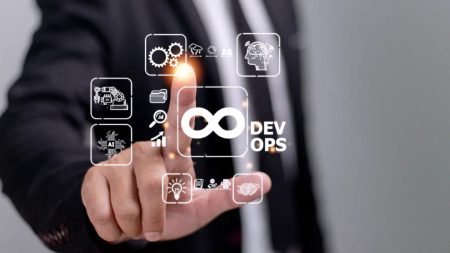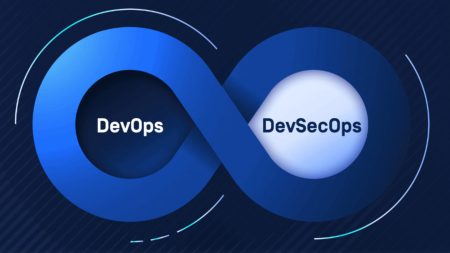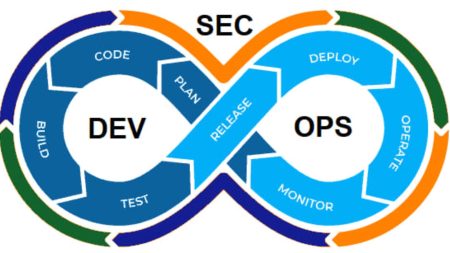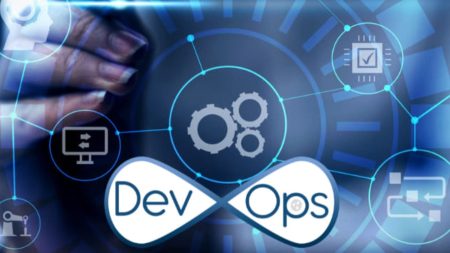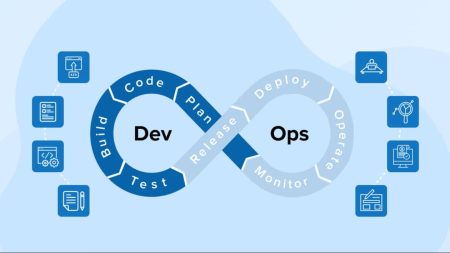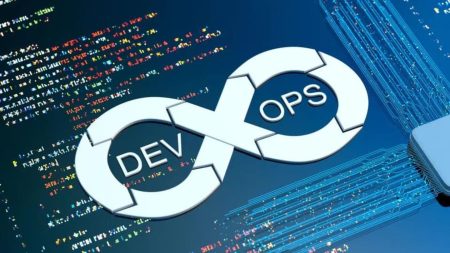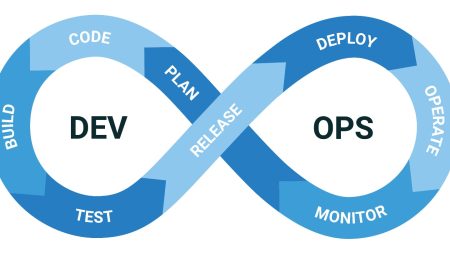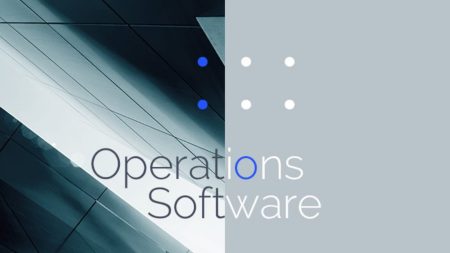What is AI Ops?
AI Ops is an emerging field that leverages AI technologies to transform traditional IT operations. In this article, we’ll delve into the transformative impact of AI on IT operations, revealing how AIOps can revolutionize your IT infrastructure and streamline your operations for better productivity and performance.
Artificial Intelligence for IT Operations?
What is AI for IT operations? AI creates systems capable of performing tasks normally requiring human intelligence. These tasks include understanding natural language, recognizing patterns, solving problems, and making decisions. AI systems improve their performance over time, mimicking the human brain’s cognitive processes. In simple terms, think of Artificial Intelligence in IT Operations as a super-smart computer program. It starts with a knowledge base programmed by human developers, but it then goes beyond that initial programming by using algorithms to analyze data, identify patterns, and make predictions. This ability to learn and adapt, to get “smarter” over time, is what sets AI apart from traditional software. It’s like having a team of brilliant, tireless experts who always work to improve your systems and processes.
How Does AI Ops work?
AI Ops works in a well-organized manner, incorporating various stages to optimize IT operations:
- Data Collection: The first step in AIOps is to collect large volumes of machine data generated by the IT infrastructure. This includes logs, metrics, and incident reports across different systems, applications, and devices.
- Data Aggregation: The collected data is then processed and organized into a cohesive format.
- Data Analysis: Advanced AI for IT Ops and Machine Learning algorithms are applied to the aggregated data to extract meaningful insights. They identify patterns, detect anomalies, and forecast potential issues before they escalate into major problems.
- Incident Management: Based on the insights from the data analysis, AI ML Ops tools can automate responses or suggest remedial actions for incident resolution. They can even predict incidents before they occur, thereby improving system reliability and reducing downtime.
- Continuous Learning: The AI systems continue to learn from each event, adapting and improving their algorithms for better future performance. This continuous learning process enables AI Ops to evolve and maintain an optimized IT environment.
By intelligently automating routine tasks and providing deep insights, Ops AI empowers IT teams to focus on strategic initiatives rather than firefighting operational issues.
What is the Function of AIOps?
The function of AI Ops can be likened to a vigilant intelligence officer working behind the scenes. It sifts through the vast sea of data your IT systems generate, like an agent scanning crowded rooms for potential threats. It spots patterns, identifies anomalies, and even foresees potential issues, playing a proactive role rather than a reactive one. Then, instead of just raising an alarm, AIOps Artificial Intelligence for IT Operations takes it further by suggesting or initiating remedial actions. It’s like having a smart, ever-learning assistant who identifies and resolves issues and consistently evolves to do so more efficiently. As a result, your IT team can focus on strategic growth activities rather than constantly being in crisis-management mode.
What Is the Difference Between AI Ops and DevOps?
AI Ops and DevOps both strive to streamline IT operations, and they differ in several key ways:
- Scope of Function: DevOps integrates development and operations teams to accelerate software delivery and improve its quality. AI Ops, on the other hand, leverages AI to automate and enhance IT operations.
- Operational Approach: DevOps focuses on the software development lifecycle, from planning to deployment, while AI Ops deals with the entire IT infrastructure, analyzing vast amounts of data to optimize operations.
- Use of Artificial Intelligence: AI in DevOps is not inherently involve. However, Artificial Intelligence for IT Operations uses AI and machine learning algorithms to analyze data, predict and resolve issues, and continuously learn for future improvement.
- Incident Management: In DevOps, incident management often involves manual intervention. In contrast, AI Ops can automatically detect and respond to incidents, reducing downtime.
- Continuous Improvement: Both emphasize continuous improvement, but DevOps focuses on the software delivery process, while AIOps improves IT operations by learning from data and adapting its algorithms.
Implementing AI Ops
Now that you know what is AI IT operations, here are the key steps to consider before implementing it in your company:
- Set clear objectives: Before incorporating an AI Ops solution, clearly define what you hope to achieve. This could include improved system performance, reduced downtime, or more effective anomaly detection.
- Assess your current IT environment: Conduct a rigorous assessment of your existing IT infrastructure. Identify the areas that need improvement and consider how AI Ops could address these issues. This step will provide a clear picture of your current situation and the potential benefits Ops AI could bring.
- Choose the right AI Ops tools: Based on your objectives and the outcome of your IT assessment, select an AIOps platform that best suits your needs, for instance, ServiceNow AI Ops. When deciding, consider factors like ease of integration, scalability, cost, and vendor support.
- Data integration: The effectiveness of AI Ops largely depends on the quality and volume of data it can access. Therefore, ensure that your AIOps platform can seamlessly integrate with your existing systems and process the data they generate.
- Test the system: Once the AI Ops solution is integrated, test it under various scenarios to ensure it works as expected. Monitor its performance closely and make any necessary adjustments.
- Train your staff: As with any new technology, a learning curve is involved in using AIOps tools. Provide adequate training to your IT team to ensure they can fully leverage the new system’s capabilities.
- Iterative Improvement: Implementing AI/ML Ops is not a one-time task but a continuous process. Regularly assess the system’s performance, gather your team’s feedback, and make necessary adjustments. This iterative process ensures that the solution meets your needs as your business grows.
As a result, you can successfully integrate an AI IT Ops solution into your IT operations with its numerous benefits.
What are the Benefits?
- Efficiency: By automating routine tasks, Artificial Intelligence for IT Operations allows IT teams to focus more on strategic work rather than tedious manual tasks.
- Proactivity: AI Ops’ ability to predict issues before they occur can prevent downtime, enhance system performance, and improve customer satisfaction.
- Scalability: Given its ability to manage large volumes of data, AIOps can scale your business, ensuring your IT operations remain efficient and effective as your organization grows.
- Learning and Adaptability: AI Ops systems constantly learn and adapt their algorithms, optimizing IT operations over time.
- Insights: By analyzing extensive data, Artificial Intelligence for IT Operations can provide valuable insights that can be used to further improve IT operations and support decision-making.
In conclusion, AI Ops represents a significant leap forward for IT operations. It can enhance efficiency, proactivity, scalability, and learning by leveraging AI and machine learning. Implementing AI Ops is not merely about staying current with technology trends but empowering IT teams to work smarter, not harder. By doing so, organizations can shift their focus from maintaining operations to accelerating innovation and driving strategic growth. With its myriad benefits, AIOps is poised to redefine IT operations in the future.
Read also interesting article about “What is CRM in Salesforce?“.



